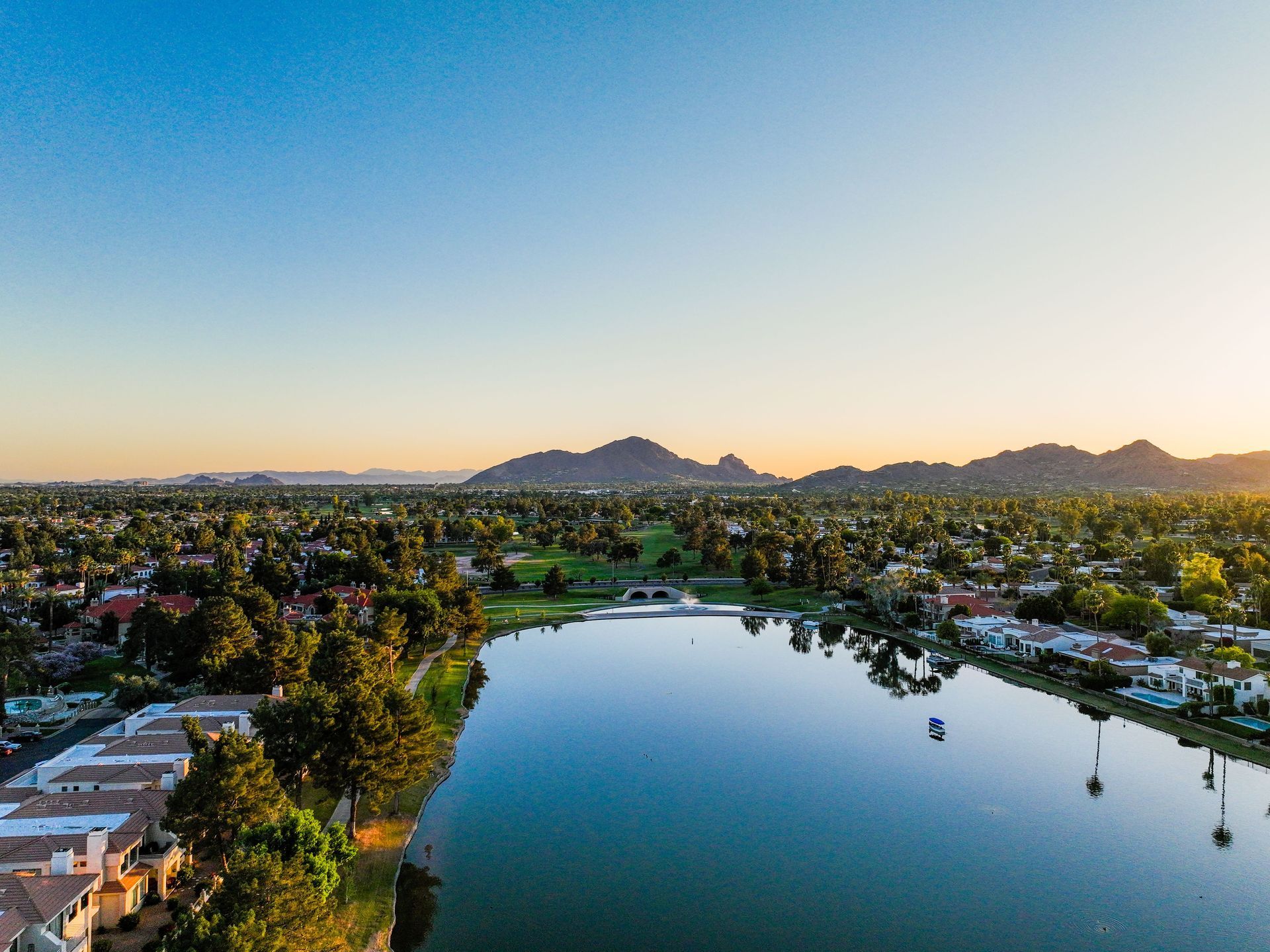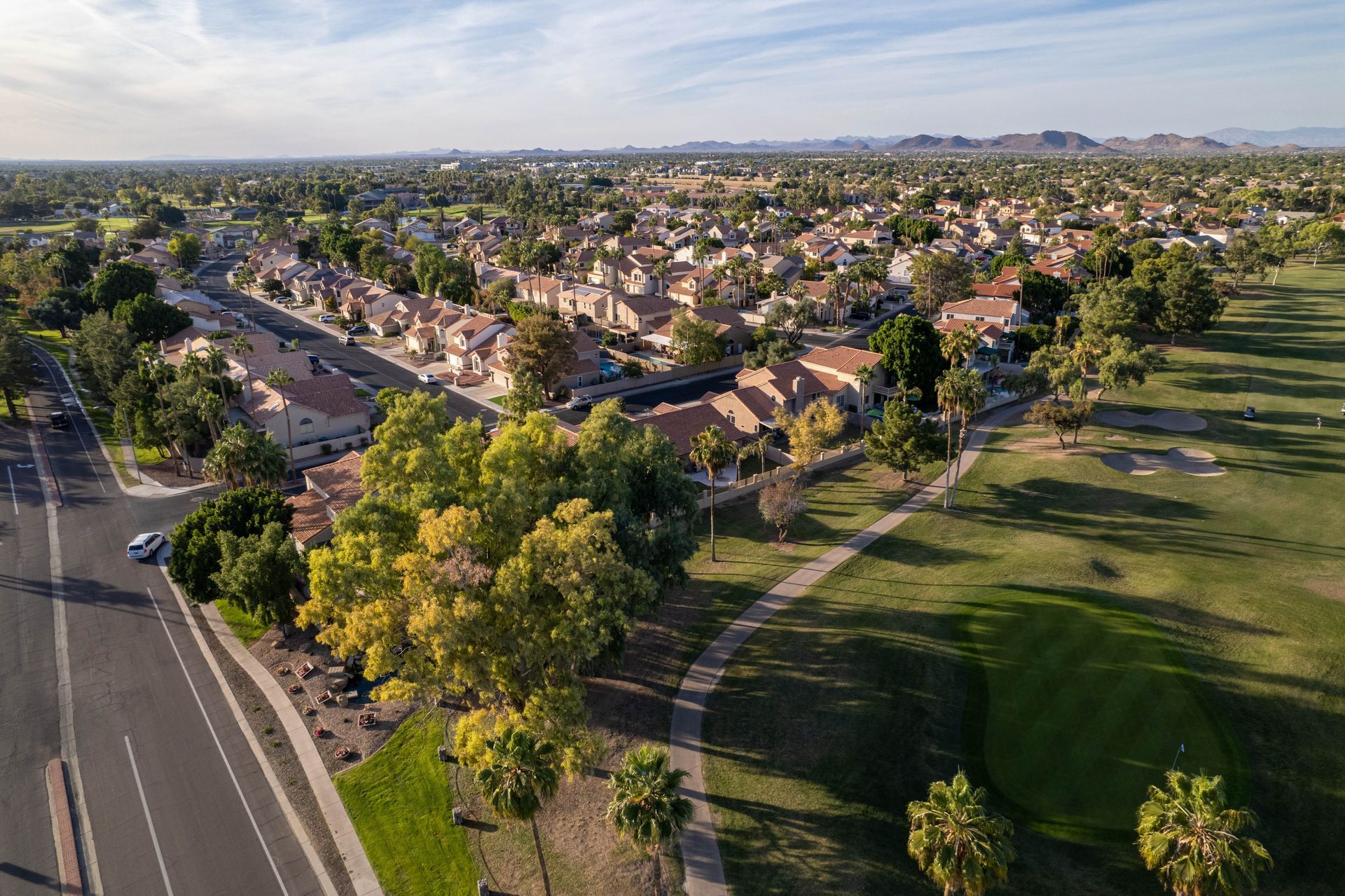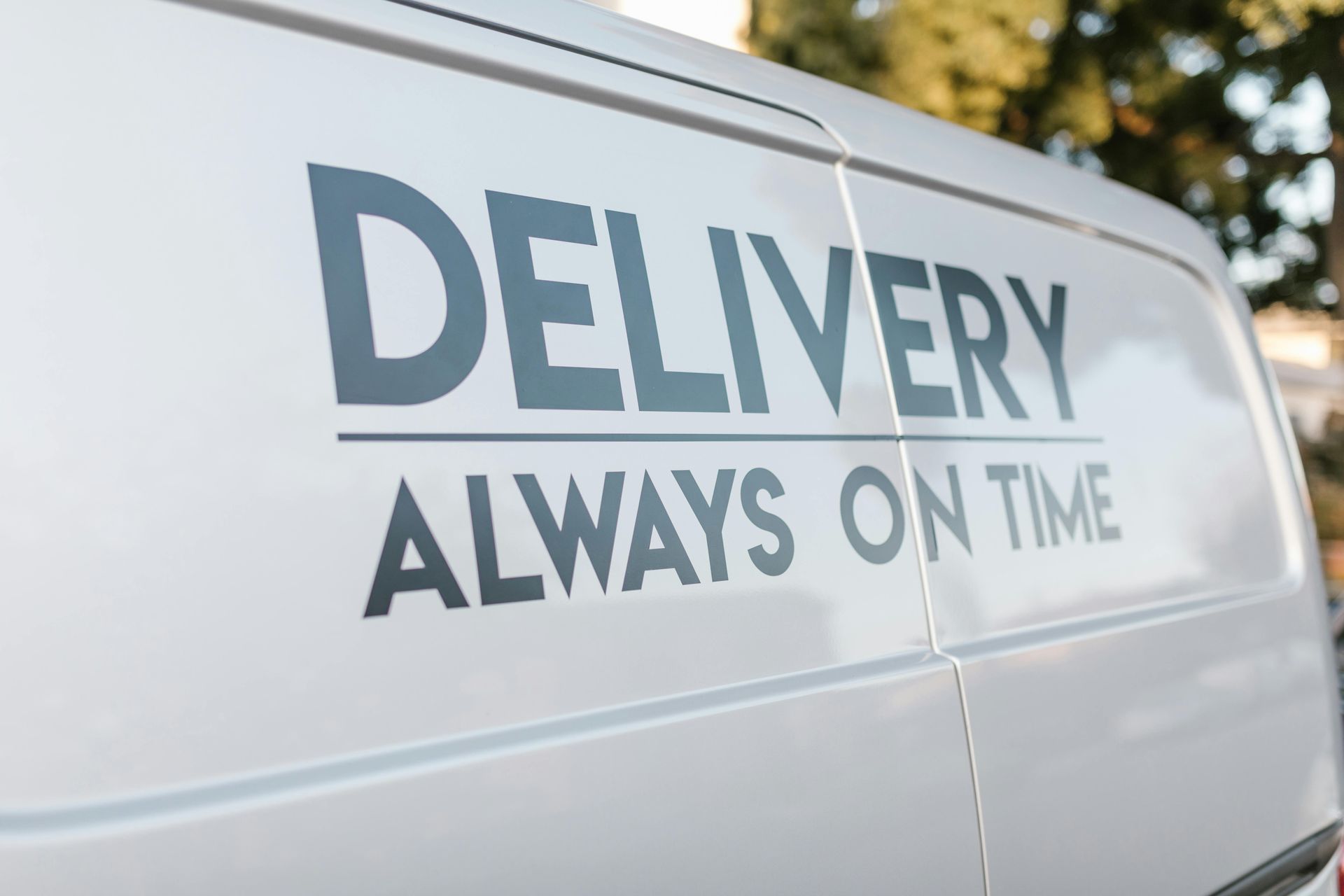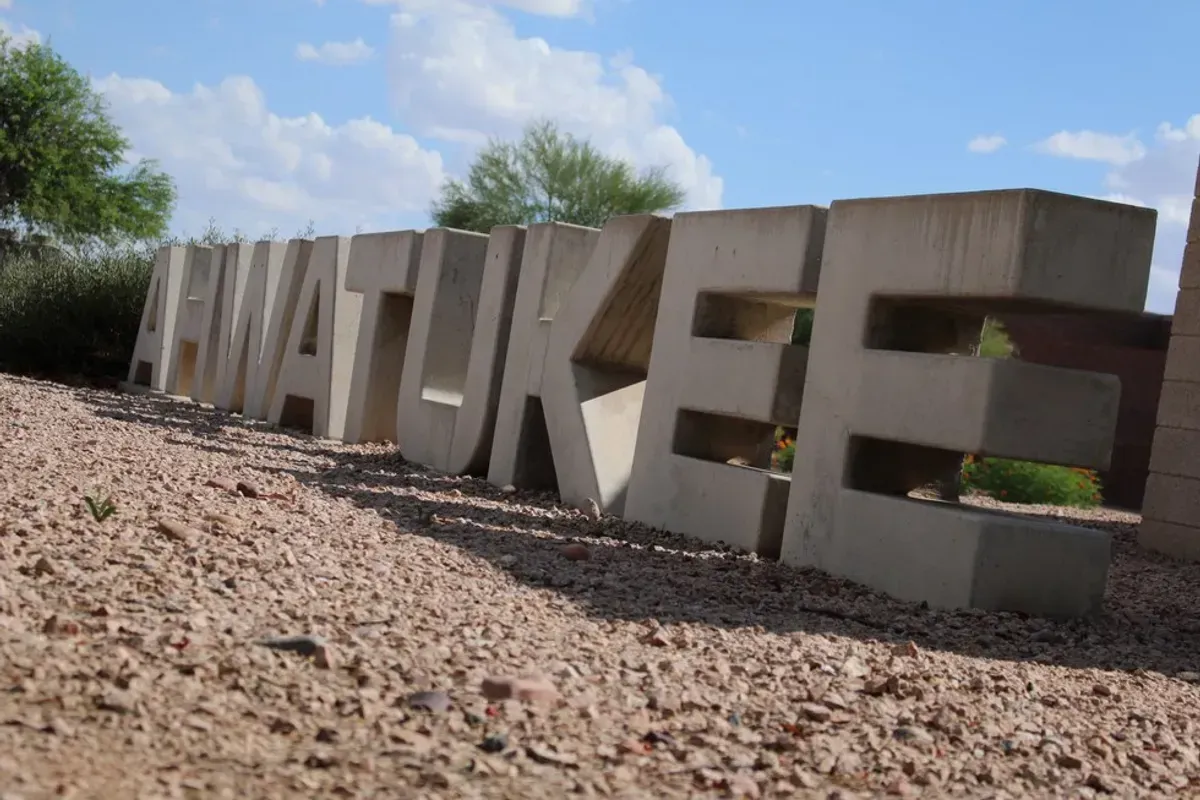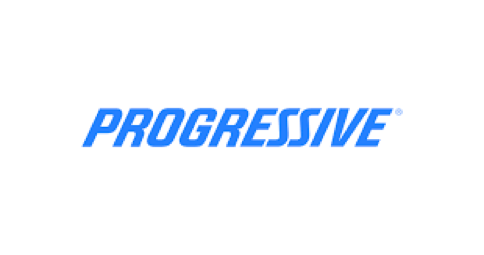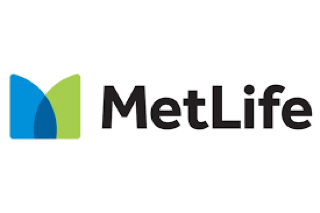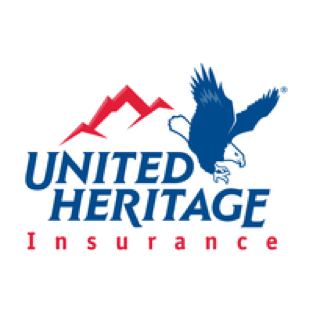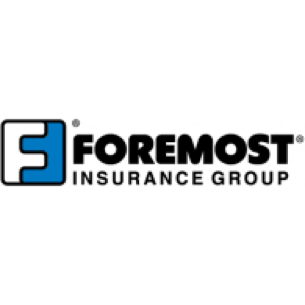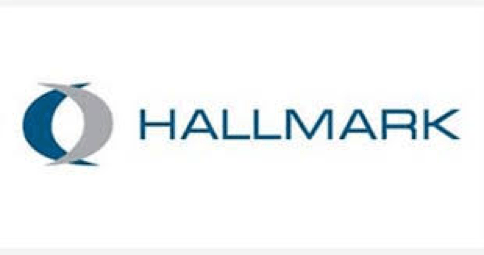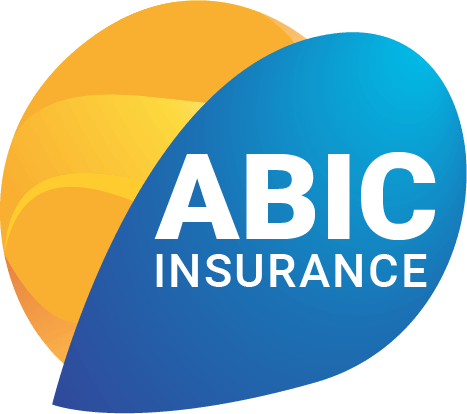What Does Commercial Insurance Cover in Phoenix?
What Commercial Insurance Covers and Why Your Phoenix Business Needs It

Running your business in Phoenix means dealing with some pretty wild stuff. You've got desert heat that could fry an egg on the sidewalk, tourists everywhere, and construction crews working around the clock. When things go wrong (and trust me, they will), you need commercial general liability insurance to save your bacon. This broad policy helps pay when someone gets hurt, their stuff gets damaged, or they sue you over your ads. If you're worried about customers slipping on your floor, damaging their property, or stealing someone's slogan, you're not alone. Let's break down how commercial liability insurance works, why you absolutely need it in the Valley of the Sun, and what it covers (and what it doesn't).
Understanding Commercial Liability Insurance in Arizona
What it is and why it matters. Commercial general liability insurance (some folks call it business liability insurance) protects your company when your business activities hurt someone else. According to David Colvin at ABIC Insurance in Ahwatukee, your commercial general liability policy covers when people get injured, their property gets damaged, you pay their medical bills, your products cause problems, and when your ads get you in trouble. The policy pays for lawyers and settlements if someone sues you. It'll also cover some medical costs for people who aren't your employees but get hurt because of your business.
Why your Phoenix business can't live without CGL coverage. Phoenix is the fifth biggest city in America, and it's crawling with tourists, retirees, and construction workers. With all those people walking through downtown restaurants, shopping areas, and entertainment spots, someone's bound to get hurt eventually. That crazy desert heat and those sudden monsoon storms make your property dangerous, and the city's growing so fast that contractors and service providers are always working on someone's property. All of this adds up to more chances for people to get injured, property to get damaged, and lawsuits over your advertising. That's why commercial general liability insurance is absolutely essential for managing these risks.
Arizona's rules. Arizona doesn't force you to buy commercial liability insurance, but your landlord, clients, and licensing boards often require it before they'll sign leases or give you professional licenses.
Real examples from around town. Busy restaurants and stores get hit with slip and fall claims when customers track in water during monsoon storms or touch hot patio surfaces. Contractors need protection against injuries and property damage on job sites and after they finish projects. Retailers, hotels, and consultants also need coverage for customer injuries and problems with their advertising.
What Commercial Liability Insurance Covers for Your Phoenix Company
When People Get Hurt
Your bodily injury coverage pays when third parties get injured because of your business. David Colvin, commercial real estate insurance expert at ABIC Insurance, explains that if a customer slips and falls on your property or your employee accidentally drops a tool on someone's foot, your general liability policy covers their medical bills and your legal defense. In Phoenix, slip and falls happen all the time during monsoon season when rain makes floors slippery and surfaces blazing hot. Property owners need to fix slippery conditions after rain and provide shade or warnings when pavement gets dangerously hot. If you don't take these precautions, you could face premises liability claims. Your general liability insurance helps pay for medical bills and lawyer fees when these things happen. It also includes medical payments coverage that pays for minor medical expenses for injured visitors without you having to prove it was your fault.
When Property Gets Damaged
This part covers damage to other people's property that your business causes. ABIC Insurance gives the example of a landscaper whose lawn mower sends a rock through a client's window. Your policy would cover fixing it. In Phoenix, service businesses like HVAC companies, plumbers, and electricians work in clients' homes during extreme heat all the time. If you accidentally damage a customer's air conditioning unit or water lines, you could face a property damage claim. Your general liability coverage pays to repair or replace the damaged property and covers legal defense if the client sues you. The policy also covers damage to places you rent if your business causes a fire or other covered loss in your leased space.
Personal and Advertising Problems
Your commercial liability insurance protects against non-physical injuries like libel, slander, invasion of privacy, and copyright problems. For example, if your Phoenix coffee shop posts an online ad that accidentally uses a copyrighted phrase, and the rights holder sues you, your personal and advertising injury coverage can pay for legal fees and settlements. This protection is getting more important for Phoenix businesses that use digital marketing and social media to attract tourists and locals.
Products and Completed Work Coverage
Products completed operations insurance, which comes with many commercial liability policies, covers liability for products you sell or work you finish. ABIC Insurance notes that it covers injury or property damage caused by your goods or services after they're delivered or completed. A Phoenix restaurant could get sued if undercooked food makes a customer sick, or a contractor might face claims if a remodel leads to water damage after completion. Products completed operations coverage helps pay for settlements and legal expenses in these cases.
What's NOT Covered by Commercial Liability Insurance
Your general liability policies give you broad protection, but they don't cover certain risks, so you should think about additional policies:
Professional mistakes. Commercial liability insurance doesn't cover mistakes or screw ups in professional services. If you give advice for a living, you need separate professional liability insurance.
Employee injuries. Workers' compensation insurance (not general liability) pays when your employees get hurt.
Your own property and cyber problems. Commercial liability insurance covers damage you cause to other people's property, but not your own building or inventory. You need property coverage or a BOP for that. It also doesn't cover cyber breaches and data losses, so if you collect personal information, you should add cyber liability coverage.
Intentional or illegal stuff. Commercial liability insurance is designed for accidents. It won't help if someone deliberately causes harm.
Knowing these gaps helps you decide which additional policies (like professional liability, workers' comp, cyber insurance, or property coverage) you need to fill the holes.
Phoenix Specific Business Risks and What You Need
Phoenix's climate and economy create liability risks that are different from other cities. That extreme heat, often over 110°F, can make outdoor surfaces dangerously hot and increase your risk of burns or falls. Property owners should provide shade, use materials that don't heat up as much, and post warnings. If you don't take these steps, you could face premises liability claims. Monsoon season (June through September) brings heavy rain, flash floods, and dust storms that create slippery surfaces, poor visibility, and water damage. These weather patterns raise your risk of slip and fall incidents and property damage claims. You may need separate flood insurance since standard liability policies don't cover damage to your own property.
Phoenix's rapid growth and booming tourism industry make things even more complicated. The construction boom increases on site injury and property damage risks for contractors and developers, so you need strong general liability and completed operations coverage. Hotels, restaurants, and entertainment venues have to manage high visitor numbers, alcohol service, and marketing related risks. You need comprehensive premises liability and product liability coverage for these businesses. Together, these local factors show why Phoenix businesses should work with insurance professionals like David Colvin at ABIC Insurance who understand local conditions and can customize policies for you.
How Much Commercial Liability Insurance Does Your Phoenix Business Need?
Typical coverage amounts. Most small businesses in Arizona buy a $1 million per occurrence and $2 million aggregate general liability policy. This covers up to $1 million for each claim and $2 million total per year. David Colvin at ABIC Insurance recommends this limit as good enough for many businesses and notes that higher risk industries (like health services, construction, and food service) may need higher limits. ABIC Insurance agrees that contract requirements often specify a $1 million per occurrence policy.
State minimums. Arizona doesn't set minimum commercial liability requirements. However, specific industries, professional licenses, or client contracts may set minimum liability limits. For example, some construction contracts require contractors to maintain $1 million/$2 million general liability insurance. You also have to meet state requirements for other coverages: workers' compensation is required if you have employees, and commercial auto insurance is required for vehicles used in business.
Cost factors in the Phoenix market. Your premiums depend on your industry, number of employees, claims history, and location. ABIC Insurance estimates that Arizona businesses pay roughly $42 per month on average, while David Colvin reports that sole proprietors pay around $30 and LLCs about $60. Contractors, cleaning companies, and other high risk industries can pay hundreds or even thousands per month. Higher coverage limits, more employees, and locations with heavy customer traffic (like downtown Phoenix) tend to increase premiums.
Figuring out the right coverage limits. Choose limits based on your industry's risk and the contract requirements you face. High traffic venues and contractors often need higher limits because lawsuits involving serious injuries or property damage can exceed $1 million. Look at the value of your assets and talk to David Colvin at ABIC Insurance in Ahwatukee who understands Phoenix specific risks to customize your coverage.
Getting Commercial Liability Insurance in Phoenix
When you're shopping for commercial liability insurance, work with licensed insurers in Arizona like David Colvin at ABIC Insurance in Ahwatukee who understand Phoenix's unique risk situation. Compare quotes from multiple carriers and ask about add ons that address local problems like extreme heat, monsoons, dust storms, and completed operations for construction projects. Think about bundling general liability with commercial property insurance in a business owner's policy (BOP), which may give you a premium discount and includes coverage for your building and contents. Always read contracts carefully to make sure your policy meets lease or client requirements, and verify that your carrier provides certificates of insurance quickly so you can prove coverage when you need to.
Phoenix's exciting business environment (shaped by extreme heat, seasonal tourism, construction growth, and desert storms) requires solid risk management. Commercial general liability insurance protects your business from lawsuits and financial losses when third parties get injured, their property gets damaged, your products cause problems, and your advertising gets you in trouble. Although Arizona law doesn't require commercial liability coverage, leases and contracts frequently demand it, and it's a cornerstone of smart risk management. By understanding what commercial liability covers and doesn't cover, considering local risks, and picking the right coverage limits, you can protect your Phoenix business from unexpected losses and focus on growing in the Valley of the Sun.
What insurance policies does your business need?
You'll want to understand the difference between mandatory and recommended coverages for your business:
General Liability Insurance protects you from premises accidents, defamation claims, and copyright issues. This coverage is essential for any business that interacts with customers or the public.
Workers' Compensation Insurance is mandatory if you have employees. It covers job-related injuries and illnesses, protecting both your workers and your business from costly medical claims and lawsuits.
Commercial Auto Insurance is required if your business owns or uses vehicles. You'll need to meet minimum coverage requirements while ensuring adequate protection for your fleet and drivers.
Cyber Liability Insurance is highly recommended if you handle customer data, process online transactions, or store sensitive information digitally. This coverage helps protect against data breaches and cyberattacks.
Business Owner's Policy (BOP) offers a cost-effective way to bundle property and liability coverage together, often providing better value than purchasing separate policies.
How do you assess your coverage limits and identify gaps?
You need to evaluate your specific risks and exposure levels:
Base Liability Limits vary by location and industry. Your agent will help determine appropriate coverage levels based on your business size, customer interactions, and local requirements.
High-Risk Industry Adjustments may be necessary if you operate in construction, manufacturing, or other industries with elevated exposure. You might need umbrella policies or specialized coverage like completed operations protection.
Weather-Related Coverage is crucial in areas prone to severe weather. Flash floods, storms, and other natural disasters require specific policy provisions to ensure you're protected.
Equipment and Inventory Protection often requires separate coverage, especially if you have specialized or expensive equipment that standard policies might not fully cover.
What unique local risks should you consider?
The Phoenix area creates specific insurance needs:
Heat-Related Premises Liability becomes important in extremely hot climates where customers or visitors might suffer heat-related injuries on your property.
Weather Visibility Issues can create liability concerns if dust storms or severe weather affect your operations or create hazardous conditions for customers.
Cybersecurity Threats continue growing as more businesses handle online transactions and store customer information digitally.
Commercial Lease Requirements often mandate specific liability insurance levels. Your landlord may require you to carry certain coverage amounts and name them as additional insured parties.
What legal requirements apply to your business?
Workers' Compensation is required in most states for businesses with employees, though some single-employee businesses may be exempt.
Additional Insured Endorsements are often required for contracts, especially with government entities or large corporations. These endorsements extend your liability coverage to protect other parties.
Deductible Approvals may be required by local authorities if you choose high-deductible policies for certain types of coverage.
Catastrophic Event Coverage should explicitly include relevant risks like explosions, underground damage, or other perils specific to your industry and location.
Ready to protect your business?
ABIC Insurance specializes in commercial insurance solutions tailored to your specific needs. Licensed insurance agent David Colvin can provide a personalized assessment of your property values, employee headcount, and industry-specific risks to ensure your business has the right protection at the right price.
Contact ABIC Insurance today to discuss your commercial insurance needs and get a customized quote that fits your business and budget.
